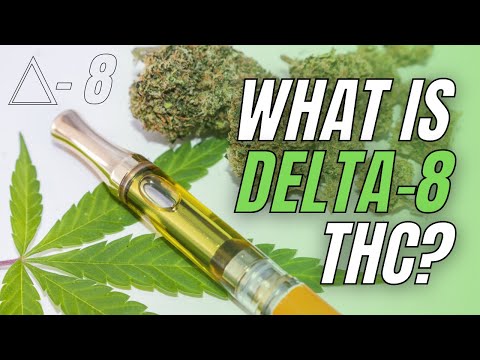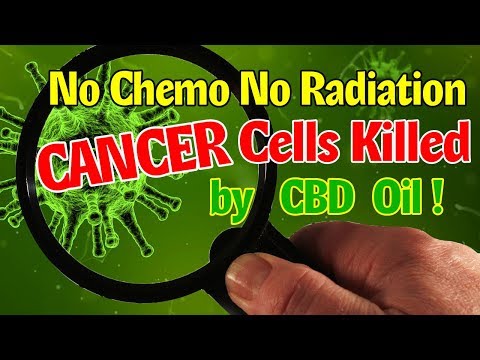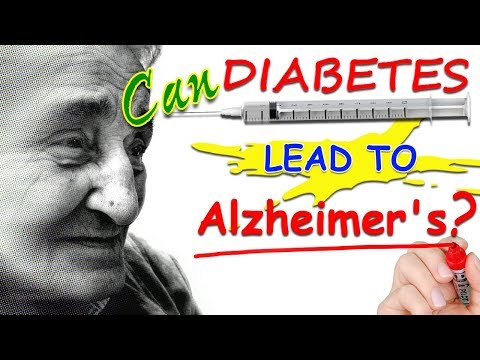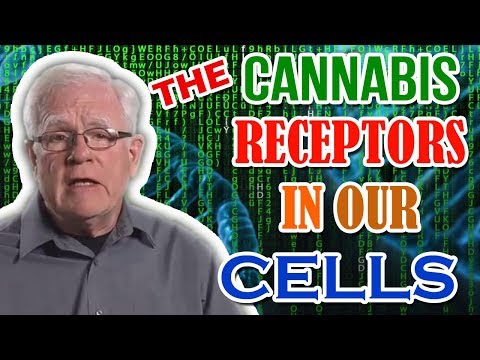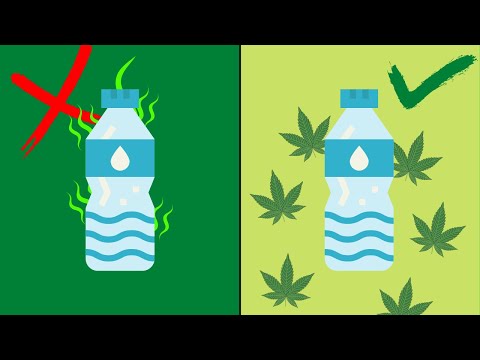
A shocking discovery was made by researchers from the University of Tasmania and the Royal Society for the Protection of Birds (UK). The researchers found 38 millions of pieces of plastic waste at Henderson Island. It is an uninhabited South Pacific island.
This is not a rare occurrence. Jennifer Lavers from the University of Tasmania says that she regularly sees garbage and plastic on remote beaches. The Great Pacific Garbage patch contains 1.9 million microplastics per square yard! These tiny plastic fragments endanger marine life.
Take a look at the Best CBD Brands !
x
Plastic made from hemp is not permanent polluting, unlike other plastics. Biodegradable plastics made from hemp can be used to save the environment from toxic substances.
Hemp plastic can take around 3 to 6 months to decay if it is in the right environment. This is a remarkable feat in comparison to other plastics. Hemp-based plastics are also recyclable indefinitely. Although petroleum-based plastic can still be recycled, this plastic is toxic and chemical-laden. Even though conventional plastics can be recycled, they still release harmful substances into the atmosphere such as BPA.
The development of cancer can be triggered by hormonal imbalances in the body. Endocrine disruptors can lead to learning disabilities, birth defects, cancer, and other health problems.
Toxic chemicals in plastic can cause serious health problems beyond just digestion. Endocrine disruptors may also leach into soil and groundwater, causing havoc in the natural environment as well as our health.
However, hemp-based plastics are non-toxic. Plastic made from hemp is not contaminated with harmful hormone disruptors, like petroleum-based plastics. It doesn’t release any toxins into the atmosphere during production.
Hemp plastic can be a renewable resource. From the moment the seeds enter the soil, hemp enriches it.
Hemp is a strong plant with deep roots. Hemp is a strong plant with deep roots that helps to prevent soil erosion and reduce water pollution. You can grow hemp in the same soil for many years without compromising quality.
It is sustainable even after hemp has been made into plastic. These plastics can be 100% biodegradable. It will eventually decompose in a matter of months if it is kept under the right conditions. This is in contrast to traditional plastics which can take indefinitely and leech toxins. )
The risk of using conventional plastics is too high. Alternatives are available.
Hemp is unlike any other natural resource. Hemp can be grown from seed to finished product. Although hemp is not the answer to all our environmental and health problems, it is a good start.





